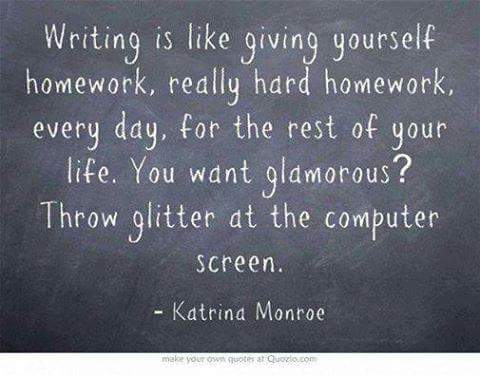Growing up, I was always confused about why the Christian church called this day Good Friday– the day that Jesus Christ was put to death. I knew the story: the blood, the nails, death on a cross, the method used for criminals. I had learned about crucifixion in gory detail, and how the one crucified would struggle to breathe in such a position, how Christ would have needed to lift his body weight just to get a breath– his body weight pressing against the spikes nailed through his feet. I knew about the hours of darkness, the quaking earth and breaking rocks. About the curtain of the temple being torn in half, top to bottom.
My family would go to a Good Friday service, the front of the sanctuary bearing a cross adorned with a drape of purple fabric. Sometimes we would hold a railroad spike in our hands. We would always take communion: a small tab of bread to represent Christ’s broken body, a small sip of grape juice to represent his blood.
And I would wonder: why is this good?
I remember as a passionate, deep-thinking, sensitive child thinking, I wish I could have stopped this nightmare.
My God had been ridiculed, beaten, and killed. Why was this good?
……………………………………
Friday is good because of Sunday.
Because Friday was not God losing the battle– it was part of the battle plan all along. It was a well-conceived, strategic move before the checkmate.
Because, as I said above, the curtain of the temple was torn in two— this represents our direct access to God, where before we needed a priestly intercessor.
No matter what it looked like on Friday– the end of the world, I’m sure many of Christ’s followers thought, and certainly the end of hope— Sunday was just around the corner. Sunday, the resurrection, the culmination, the checkmate, the victory. It was all part of a master plan, one that we– nearly 2000 years later– can see in full, even if our brothers and sisters at the time could not. We can see the rescue waiting just around the corner. We can say, This is good.
……………………………………
Years ago, I attended a conference where I heard a sermon by Louie Giglio that I will never forget. It profoundly moved me and helped to shape my worldview. The bottom line of it is this: when the bottom drops out of life, we can still have hope — because of the cross.
From the foot of the cross, the cross appeared to be the worst thing– from the perspective of history, we Christians see it as the best.
And we can trust that God is at work even in the times that are hardest. This is why I have hope.
……………………………………
This is so core to my identity that I put it into my book in the form of a parable.
Silas tells West that he believes that God is in control, even over the bad things, and she asks him why.
“Writers know that the climax comes before the resolution.” He was quiet for a second, then said, “Not just in fiction, either, West, but in real life too. How many times has the worst thing turned out to be necessary? Or even the best? Rescue wears masks, you know. It’s why people say it’s darkest before the dawn. Sometimes things take a long time to make sense. Could be years and years—or only a weekend. Or they might never make sense. But that doesn’t mean you stop trusting that the world is being rescued.”
Or only a weekend.
Good Friday, everyone. I’m looking forward to Sunday.



 I, like many, was so amazed to watch the brave victims of Larry Nassar speak against their abuser and to see Honorable Rosemarie Aquilina provide that space for them. I was especially impacted by Rachel Denhollander, who invoked her faith in her impact statement.
I, like many, was so amazed to watch the brave victims of Larry Nassar speak against their abuser and to see Honorable Rosemarie Aquilina provide that space for them. I was especially impacted by Rachel Denhollander, who invoked her faith in her impact statement.
 Sociologist Robert Ezra Park said, “It is probably no mere historical accident that the word person, in its first meaning, is a mask. It is rather a recognition of the fact that everyone is always and everywhere, more or less consciously, playing a role.”
Sociologist Robert Ezra Park said, “It is probably no mere historical accident that the word person, in its first meaning, is a mask. It is rather a recognition of the fact that everyone is always and everywhere, more or less consciously, playing a role.”

